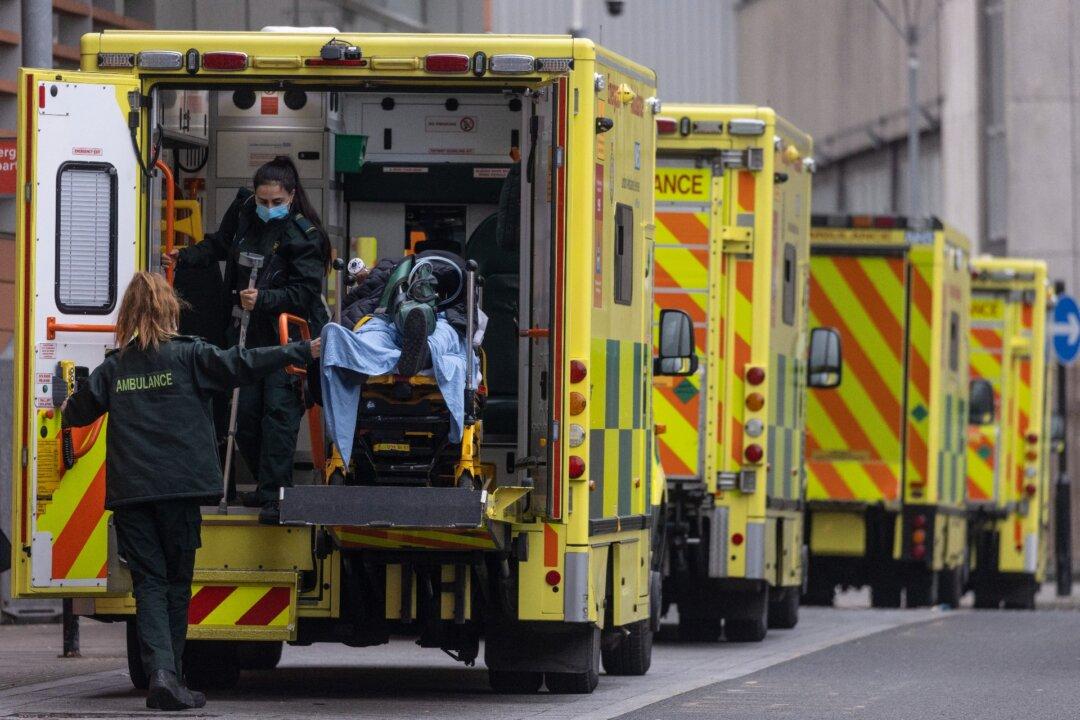A British medical expert has said that official data are prone to be overinterpreted as it does not distinguish between people who are hospitalised for COVID-19-related illnesses and those who receive medical care for other reasons but then test positive.
Chris Hopson, CEO at NHS Providers, a membership organisation for NHS (National Health Service) trusts in England, said there has been an increase in the number of patients in hospital with COVID-19, but warned against misinterpreting the data.





